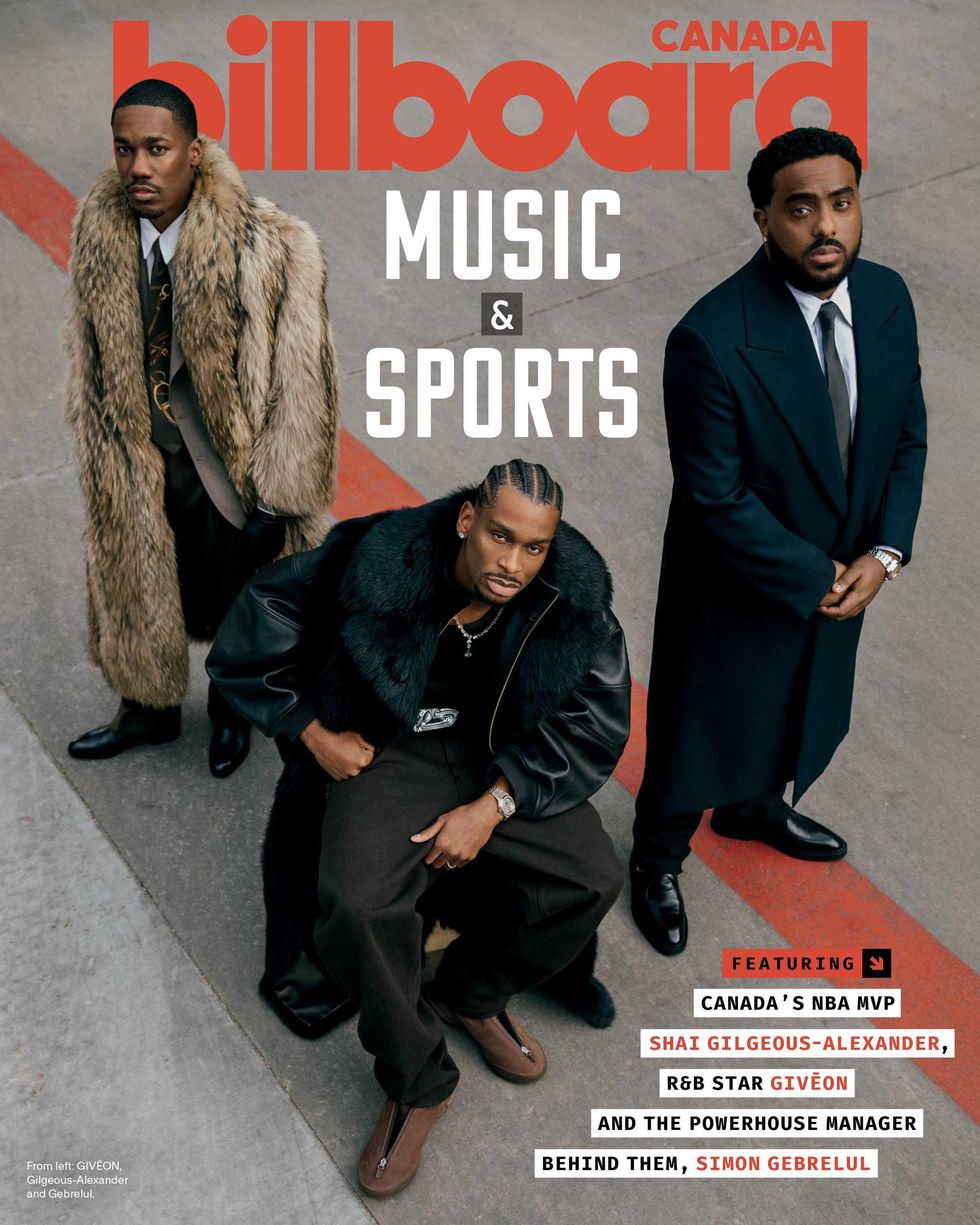It’s Gone Too Far: The Spotify “Anti-Hate” Initiative
History has repeatedly shown that the moral high ground can be a precarious perch to maintain.

By External Source
The Spotify anti-hate initiative and the can of worms it has naïvely opened is hardly the first time artists—and black artists in particular—have come under fire on moral grounds, nor is it the first time they’ve fought back. In previous firestorms, of course, the issue has been musical content rather than personal conduct, though misogyny was frequently a factor. But history has repeatedly shown that the moral high ground can be a precarious perch to maintain.
In 1985, Tipper Gore, wife of then-Senator and future Vice President Al Gore, co-founded the activist group Parents Music Resource Center (PMRC). Gore had become incensed when she realized her 11-year-old daughter was listening to the titillating, masturbation-referencing “Darling Nikki” on Prince’s Purple Rain, causing her newly formed organization, backed by a large segment of the populace, to pressure the labels to police themselves. The labels eventually caved, agreeing to begin slapping those now-ubiquitous “Parental Advisory” stickers on albums containing explicit lyrics.
Five years later, the members of the rap group 2 Live Crew were arrested for performing “obscene songs” onstage after activist Jack Thompson called for an investigation into whether the Miami-based hip-hop group’s As Nasty As They Wanna Be violated obscenity statutes. A Florida judge ruled there was “probable cause to believe” the album was obscene, in that it contained songs including “The Fuck Shop” and “Bad Ass Bitch,” written by bandleader Luther Campbell. Subsequently, other judges around the country issued similar rulings. But after a jury acquitted Campbell and 2 Live Crew, Florida’s state attorney decided against pursuing other similar cases. This flap was one of the factors that led to the creation of Rock the Vote. Org founder Jeff Ayeroff said that the arrest “was a real wake-up call” that had “catalyze[d] the music industry.”
Warner Bros. Records and parent company Time Warner came under fire in 1992, after the label released the self-titled debut album by the Ice-T-led rap-metal band Body Count, which contained the song “Cop Killer.” The outcry was widespread, encompassing Vice President Dan Quayle, around 60 congressmen, Gore and law-enforcement officials around the country. The critics called for boycotts of Time Warner products, while some major investors sold their stock; more ominous were the anonymous death threats being received not just by Ice-T but also executives at Time Warner and WBR.
True to his beliefs, legendary WBR chief Mo Ostin stood his ground, giving his full support to his artist’s right to express himself. Time Warner head Gerald Levin took a bold and risky stance of his own, issuing a statement that read, “Time Warner is committed to the free expression of ideas for all our authors, journalists, recording artists, screenwriters, actors and directors. We believe this commitment is crucial to a democratic society, where the full range of opinion and thought—whether we agree with it or not—must be able to find an outlet.”
Three months after the album’s release, Ice-T made a surprising move. “At the moment, the cops are in criminal mode,” he stated. “They’ve threatened to bomb the record company. I’m in the position now where I think Warner Bros. is taking the war for me. So, as of today, I’m gonna pull the song off the record.”
In response to Ice-T’s request, Ostin agreed to yank the album, remove the track and replace it with a version “with amended artwork to reflect this change.”
Speaking at the New Music Seminar that June, Ice-T explained what had prompted him to record and release the song in the first place. “I don’t have nothing against all police,” he said. “I feel that if the cops were a total legit organization, not corrupt, I would probably be a cop, because I want shit to be right. But it ain’t.”
On the modified version of Body Count, Ice-T replaced “Cop Killer” with a version of his 1989 song “Freedom of Speech,” an indictment of the PMRC. Touché.
– Continue reading “It’s Gone Too Far” at Hits Daily Double’s Rumor Mill


















 Simon GebrelulDiwang Valdez
Simon GebrelulDiwang Valdez Shai Gilgeous-AlexanderDiwang Valdez
Shai Gilgeous-AlexanderDiwang Valdez GIVĒONDiwang Valdez
GIVĒONDiwang Valdez